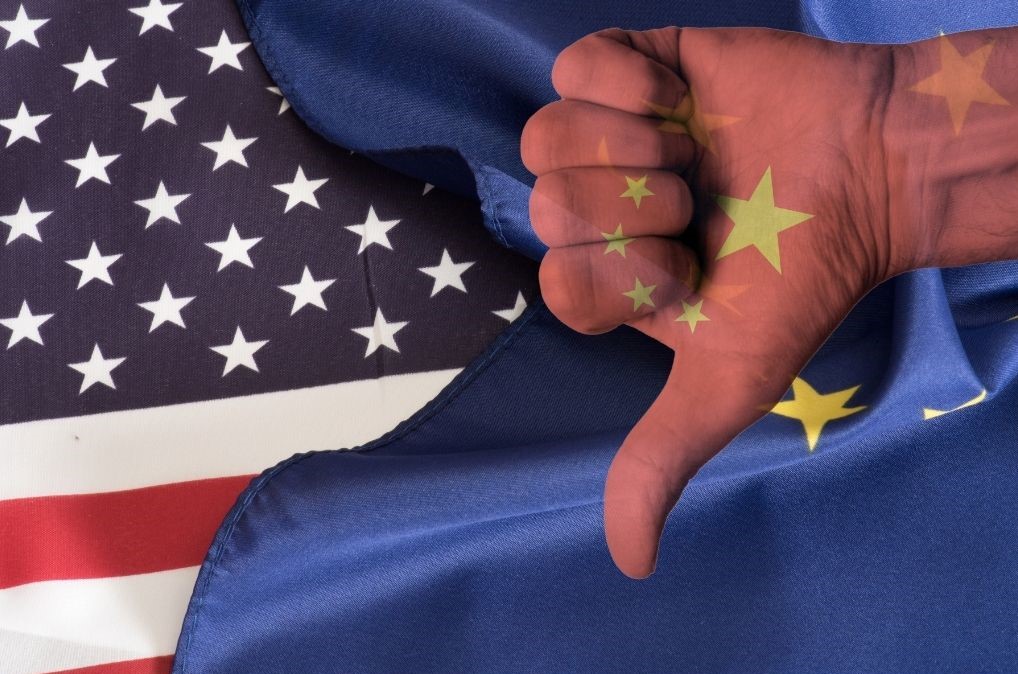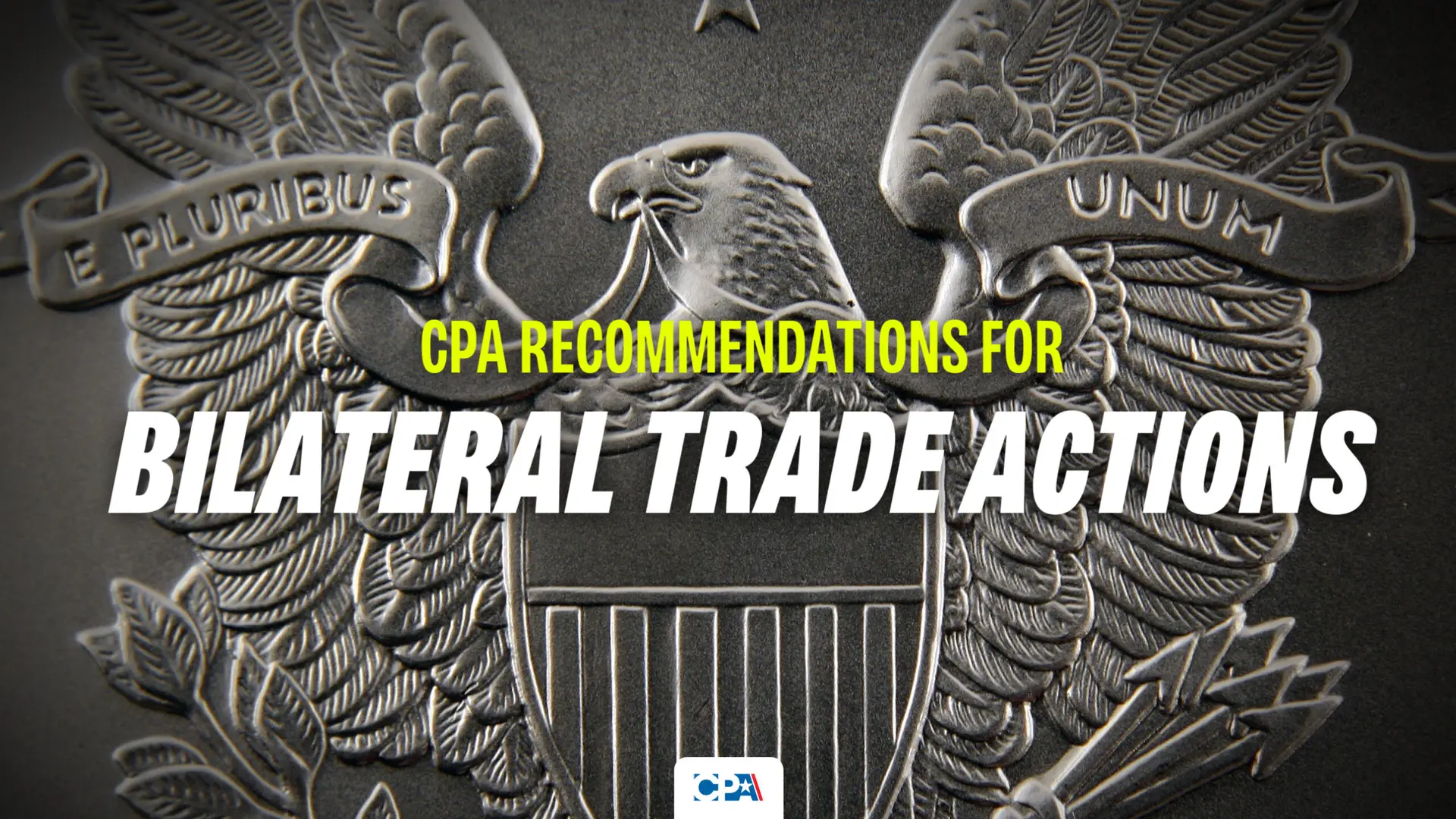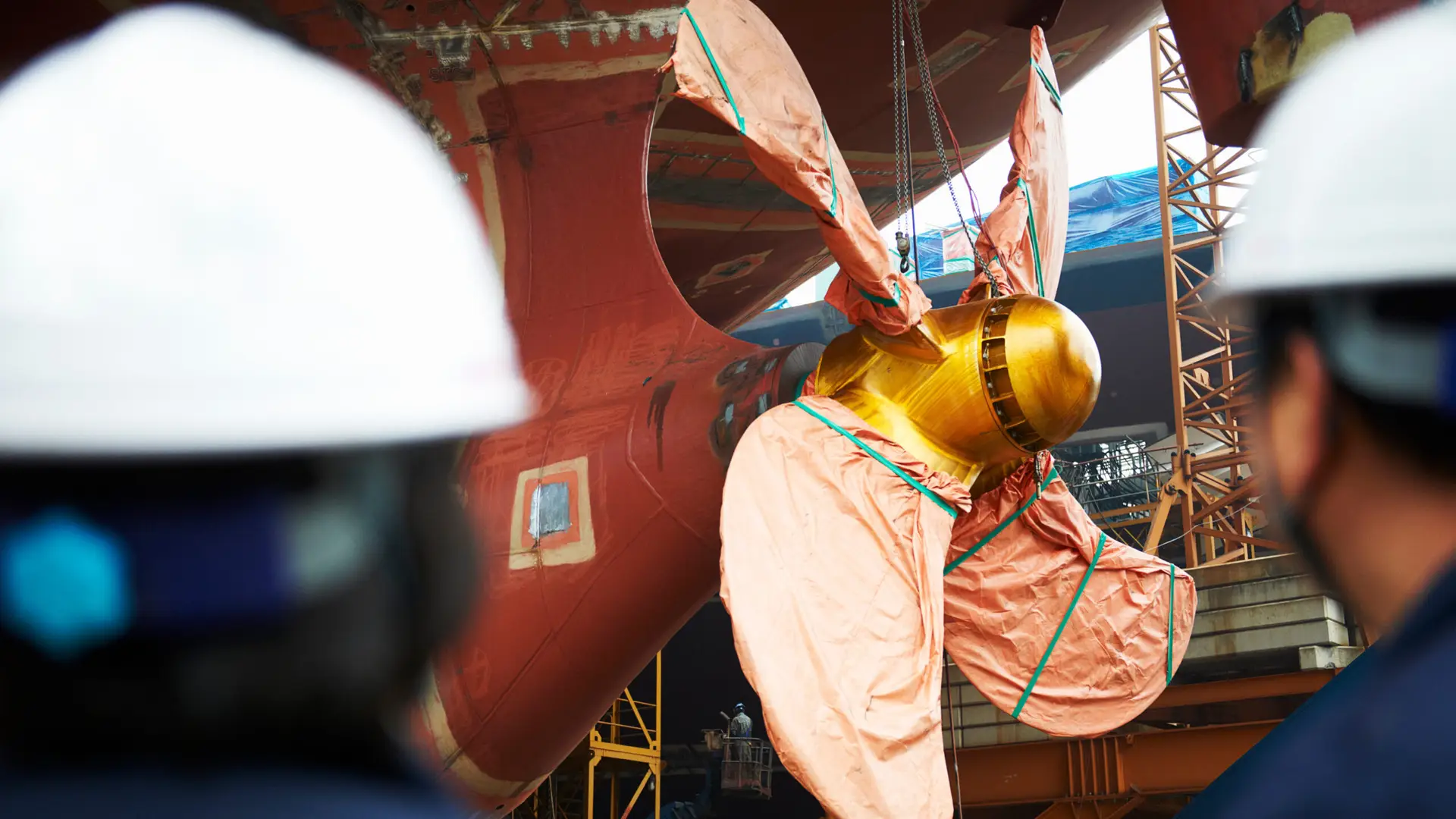In the Trump years, Europe was slow to move on anything his administration did against China. Only the U.K. moved on Huawei, and slowly at that. Germany did nothing. Now Biden is president, and “working with allies” is part of his mantra. Where does Europe stand on China now?
“We are seeing a scramble of all parties, especially the U.S. and China, for dominance in new important technologies and I see it playing up at the economic level and leading to geopolitical tensions. Because of those tensions, I’m skeptical that Europe and the U.S can fully join hands,” said Giulio Pugliese, a lecturer at the University of Oxford who was part of a three-panel discussion organized by the Hudson Institute on Friday.
You can watch a replay of the roughly one-hour discussion here.
Earlier this week, the Department of Commerce added seven more companies to the Entity List, making it nearly impossible for American companies to sell them microchips. All of the companies involved were working with supercomputers as part of China defense contracts.
The fusion of China’s civilian and military sectors has been a slow creep under Xi Jinping’s leadership. It became an official position of the CCP in 2015. One Japanese study highlighted by Pugliese suggested that the connection China’s military had with local fishermen made it easy for these commercial fishing boats to part of a hybrid, or guerilla warfare operation.
Trust in China has waned since the pandemic of 2020. The SARS2-Coronavirus is still a major problem in Europe, which does Beijing no favors. The CCP sanctioned numerous European and British entities and individuals after Brussels followed Washington and sanctioned China for its treatment of the Uyghur Muslims in Xinjiang province, far western China. The State Department says China is committing genocide there. Those sanctions have also led to political press against European companies in China, namely fashion brands like Hugo Boss, which was criticized for not buying Xinjiang cotton. Now Brussels knows what working with its American allies means in terms of its business relations with the Chinese.
Will Europe continue siding with the U.S.?
“If both sides have the political will to cooperate on China, it can be done,” said Thomas Duesterberg, a senior fellow at the Hudson Institute. “China has already made the decision a long time ago to move towards a form of autarchy and now wants its own technological standards-making body in Asia which would be dominated by them. The Biden administration is going to have to be aggressive on China. You see him moving quickly on industrial policy to counter it and it is a question of whether he can move those policies quickly through Congress. The rivalry goes beyond semiconductors and 5G technologies,” he said. “It is also clean technology. There is a dangerous dependence on China for rare earths and materials that go into batteries for electric vehicles,” Duesterberg said.
One interesting takeaway from the panelists: the U.S. is far ahead on its sovereignty over China supply chains than Europe. For example, we have a solar industry. Europe no longer does. Nokia and Ericsson have had a tough time developing markets in the 5G space.
“Two years ago, when the argument for 5G was why not just go with the local European champions, it always became a matter of price,” said Mathieu Duchâtel, director of the Asia Program at the Institute Montaigne in Paris.
The pricing argument will always be a losing argument for the U.S. and Europe. Wage gaps alone make it difficult to remedy price differentials without tariffs, grants, tax cuts, direct subsidies, or a combination of all four.
China is still very vulnerable, especially in semiconductors. The export bans have crippled Huawei’s mobile phone business. Chinese aviation and jet engine technology are deficient by comparison despite pumping billions into R&D, stealing intellectual property, and getting foreign aviation firms like Brazil’s Embraer to set up shop there in order to get up to speed.
Trump proved that the United States cannot cause a significant change in China without Europe and Japan advocating for the same thing. Japan has offered to pay its companies to leave China and manufacture at home, or elsewhere in Southeast Asia. Corporations on both sides of the Atlantic have largely stood down in the fight: “woke” at home; asleep in China.
Duesterberg said that the U.S. is still in the lead technologically but advocated for Biden to play offense by bringing our R&D spending up to where it was in the heyday of the Cold War with the USSR.
“It’s politically difficult to take on China,” Duesterberg said. “They’re going to react forcefully to suppliers in their country if they don’t like what they are doing. Europe and the U.S. have to make an assessment about how far they are willing to push that.”
CPA advocates for a strategic decoupling from China. This is especially important in critical areas of the new digital economy, let alone the cleantech economy both Washington and Brussels keep promoting in order to reduce carbon output.
An overreliance on China is a headwind. Governments seem to get it. When will our biggest corporations? In the meantime, Washington should focus on passing laws that improve the business prospects for reshoring and reindustrialization and do so quickly.












